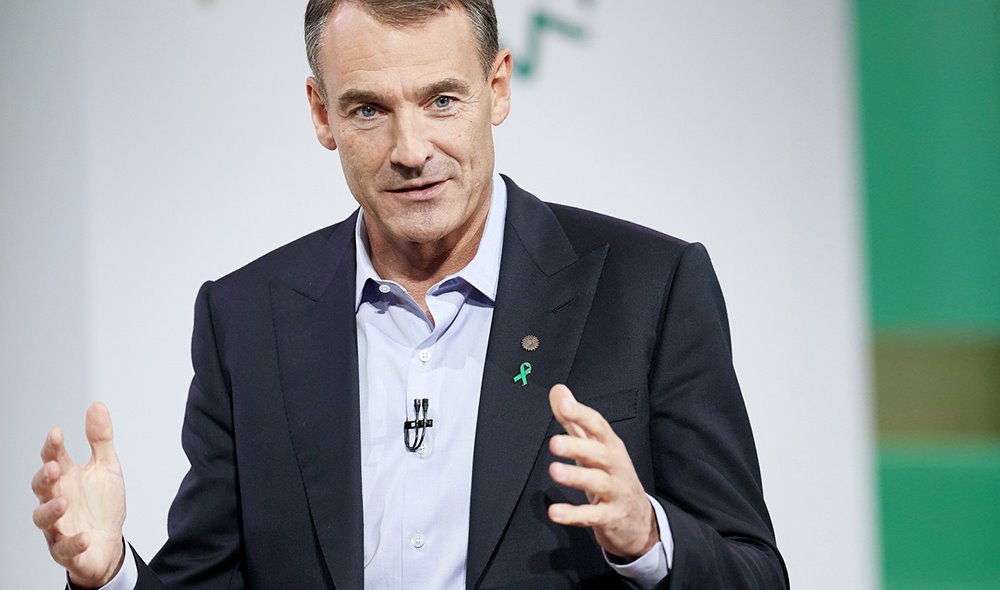
Consumers could suffer higher energy prices if the government backs a “premature” ban on oil and gas drilling in the North Sea, warns BP’s chief executive.
Bernard Looney (pictured) argues ministers will fail to reduce carbon emissions if they succumb to pressure from activists and block new fossil fuel projects in the area.
Instead, he believes the country will become increasingly reliant on environmentally damaging imports. Looney explained: “If you take away supply but demand does not change, the only thing that happens is prices go up. So, we need to be very careful about prematurely taking away supply from the market.”
The chief executive outlined his views amid soaring third quarter earnings for the gas giant. BP reported profits of $3.3bn, compared with $2.8bn for the previous quarter and ahead of analyst estimates of 3.1bn.
The oil giant has found itself in the middle of several controversies recently, including reports it hired an ex-MI6 agent to spy on a Greenpeace activist, and it was fined by the Oil and Gas Authority for breaching a licence condition at its Vorlich field site.
It has also been excluded from a formal role at COP26 alongside its rivals. The UK government pushing for a more radical climate agenda at the COP26 climate conference, and for the G20 nations to commit to limiting global temperature increases to 1.5 degrees in line with the 2050 Paris Agreement.
Looney believed BP is still trying to convince experts that it can be part of the green energy transition. Earlier this year, the BP pledged to reach net zero carbon emissions by 2050.
It has also made a series of investments in electric car charging points, hydrogen plants and wind farms. Looney said: “That is what a company like ours can do. So I understand there are some people who think we are not part of the solution, but I disagree with them.
”He also argued that the company’s traditional fossil fuels business was helping to provide the financial firepower needed to make the long-term switch to renewables. Energy prices are also an increasingly urgent matter for the government, as 18 energy firms have ceased trading since the start of September.